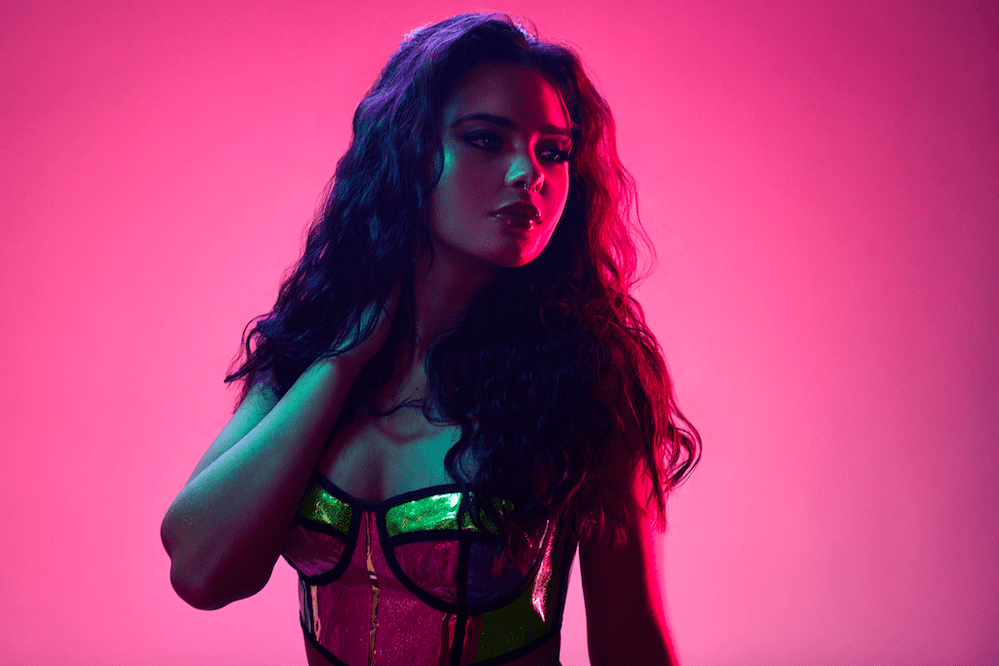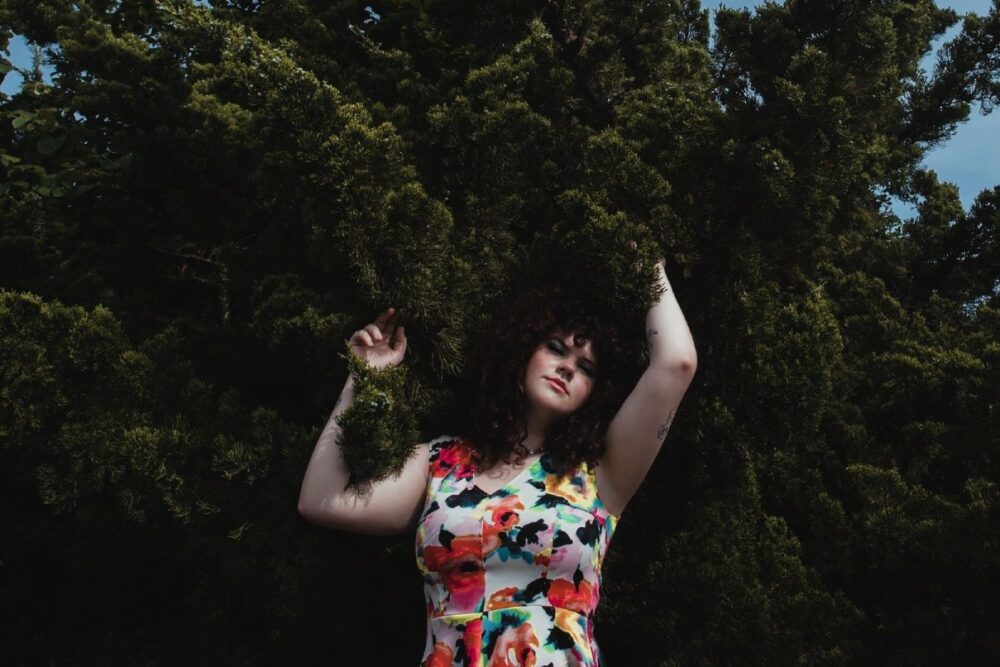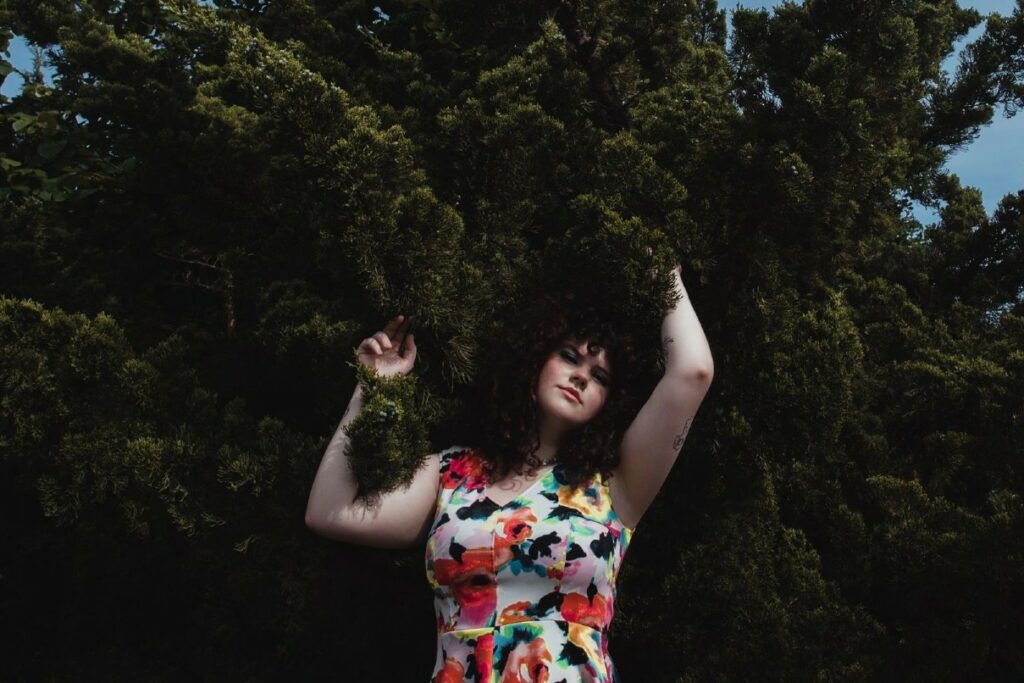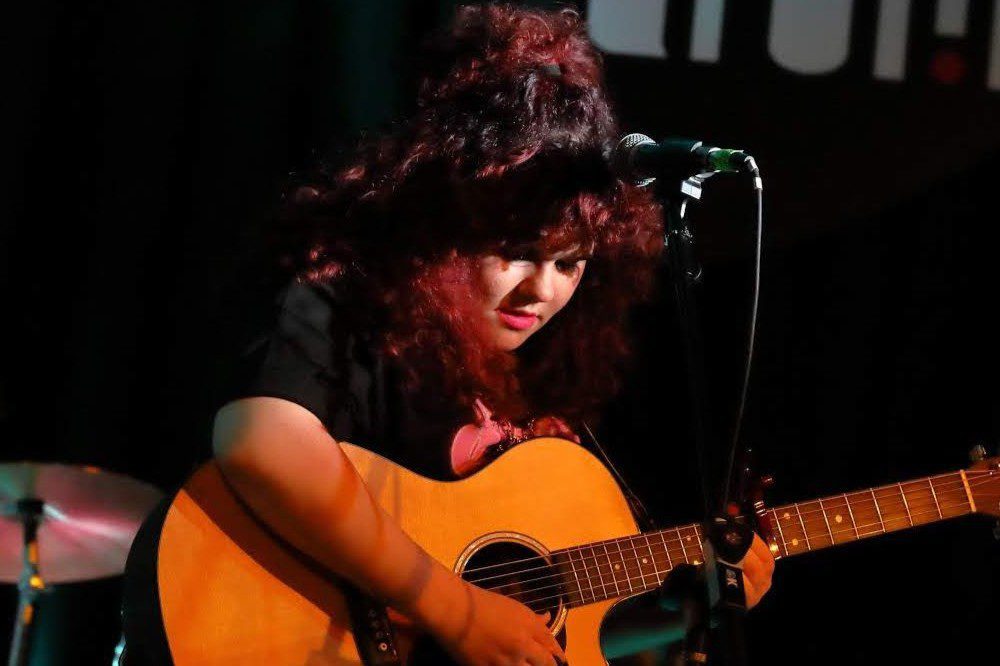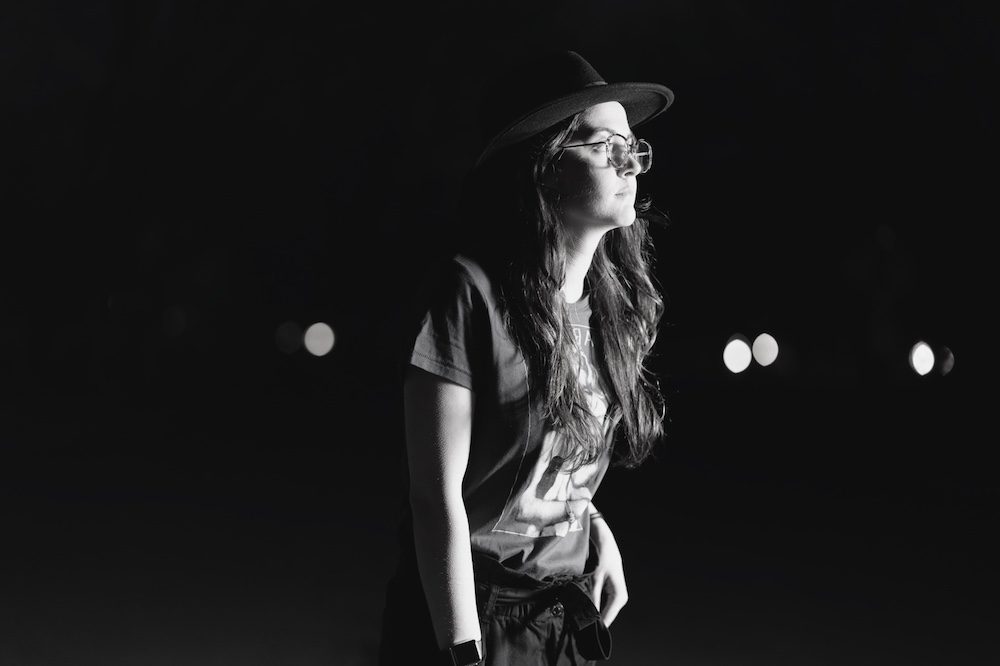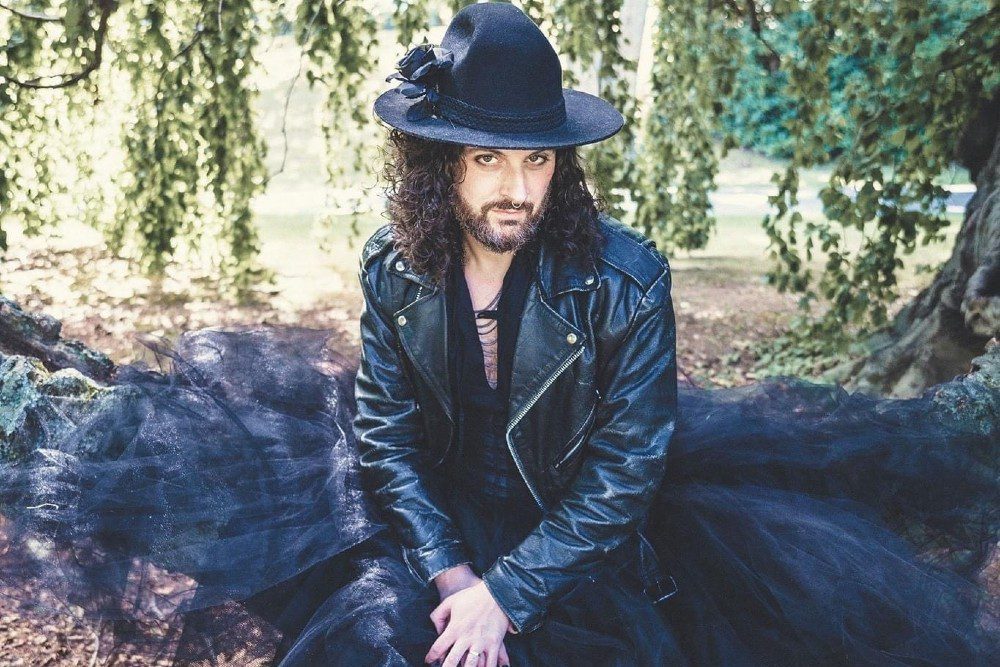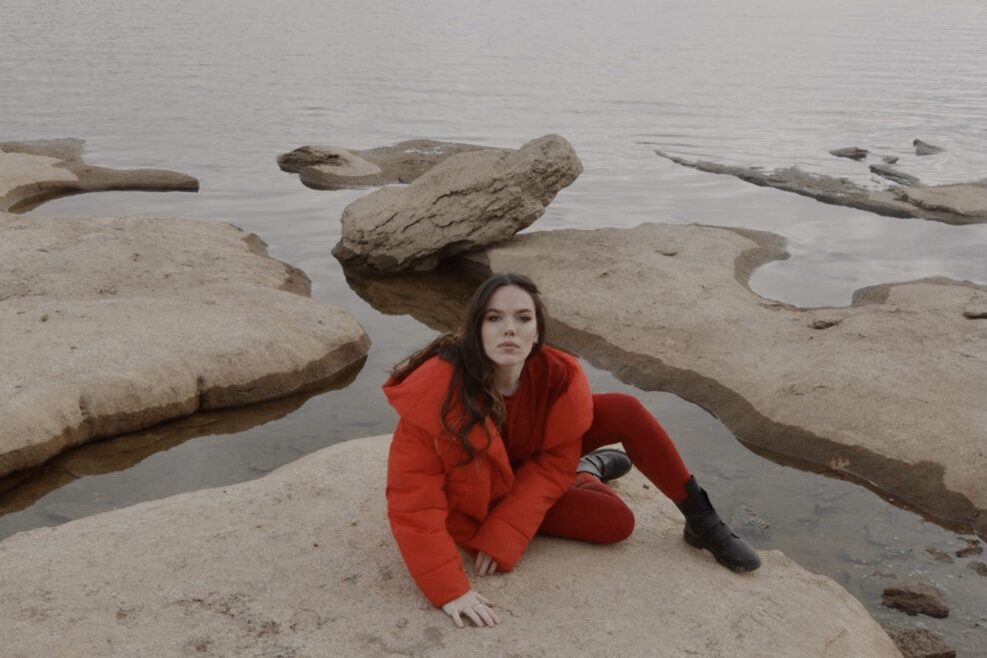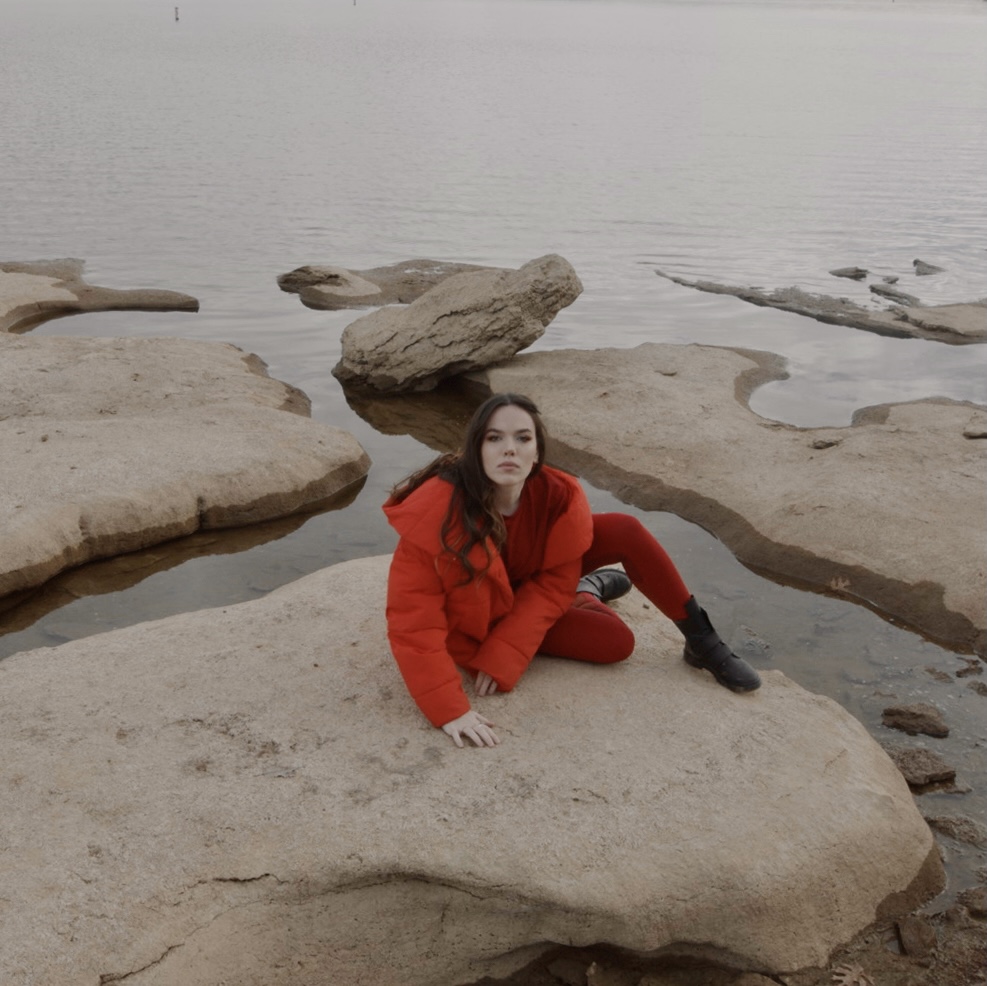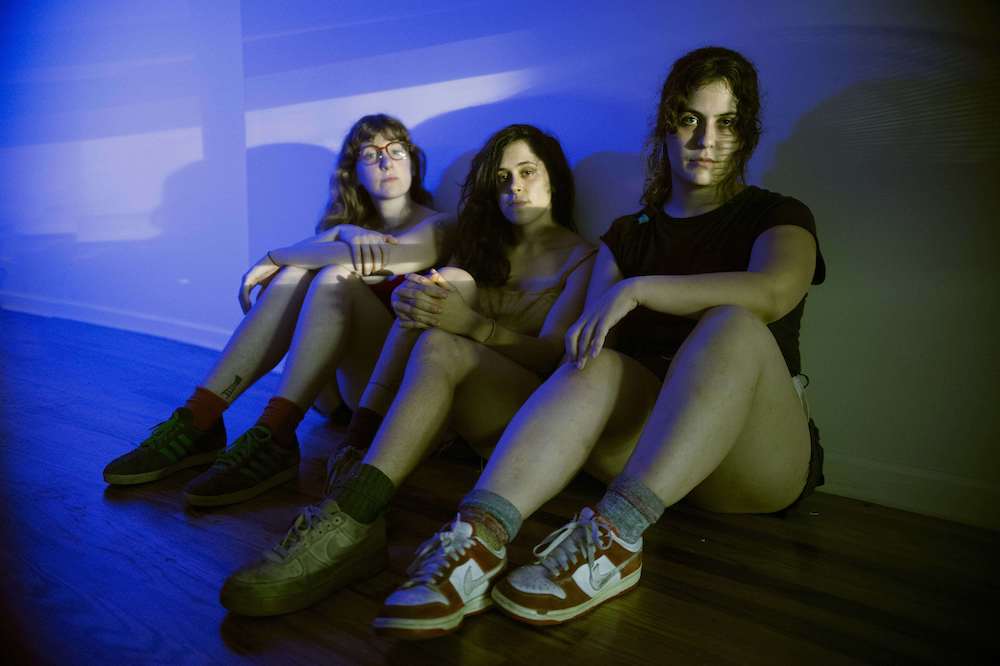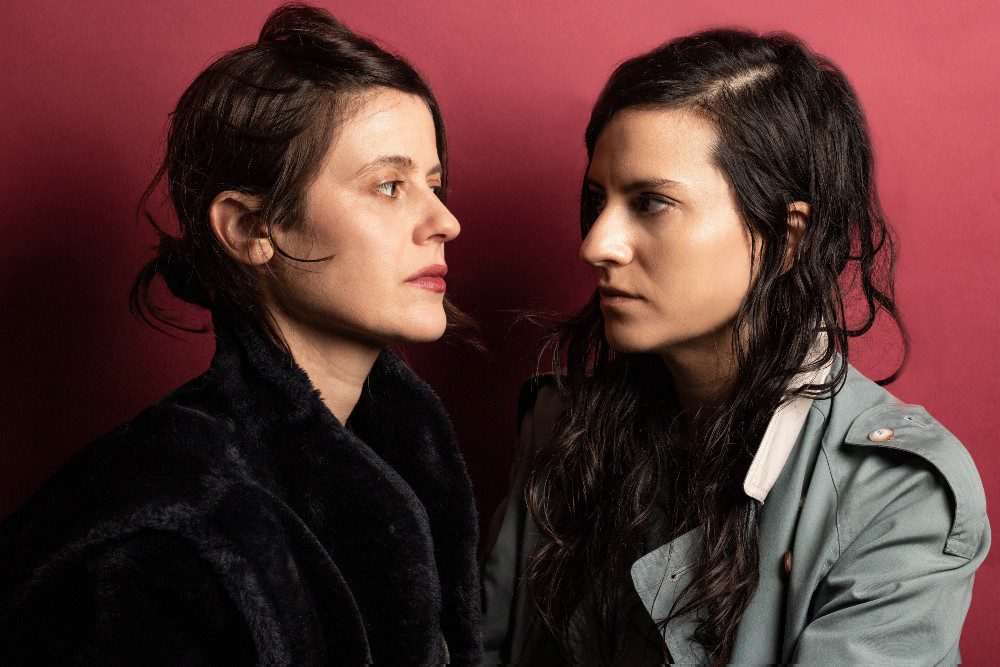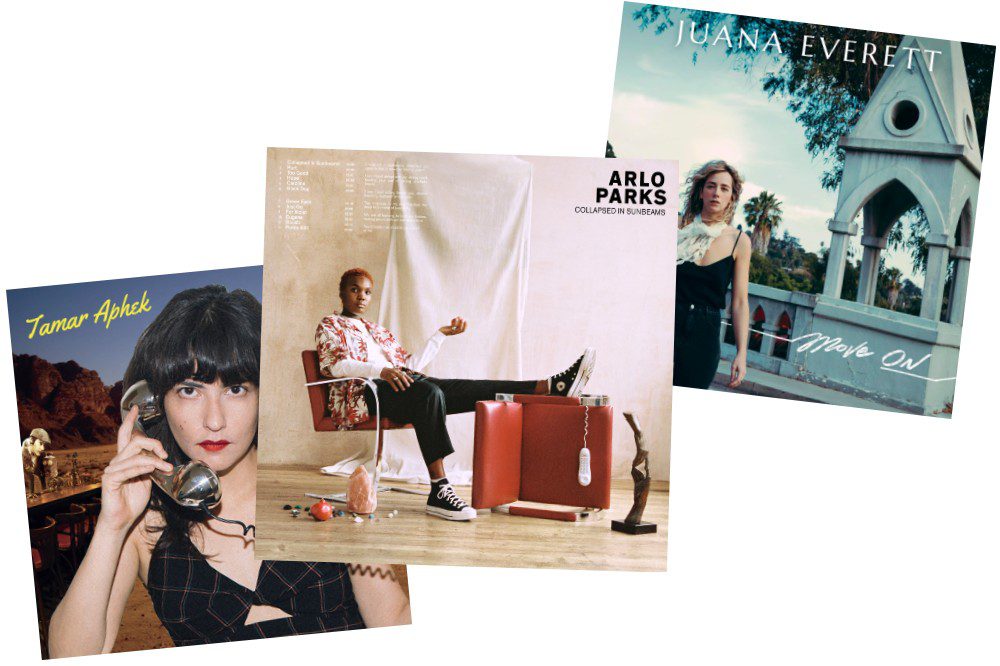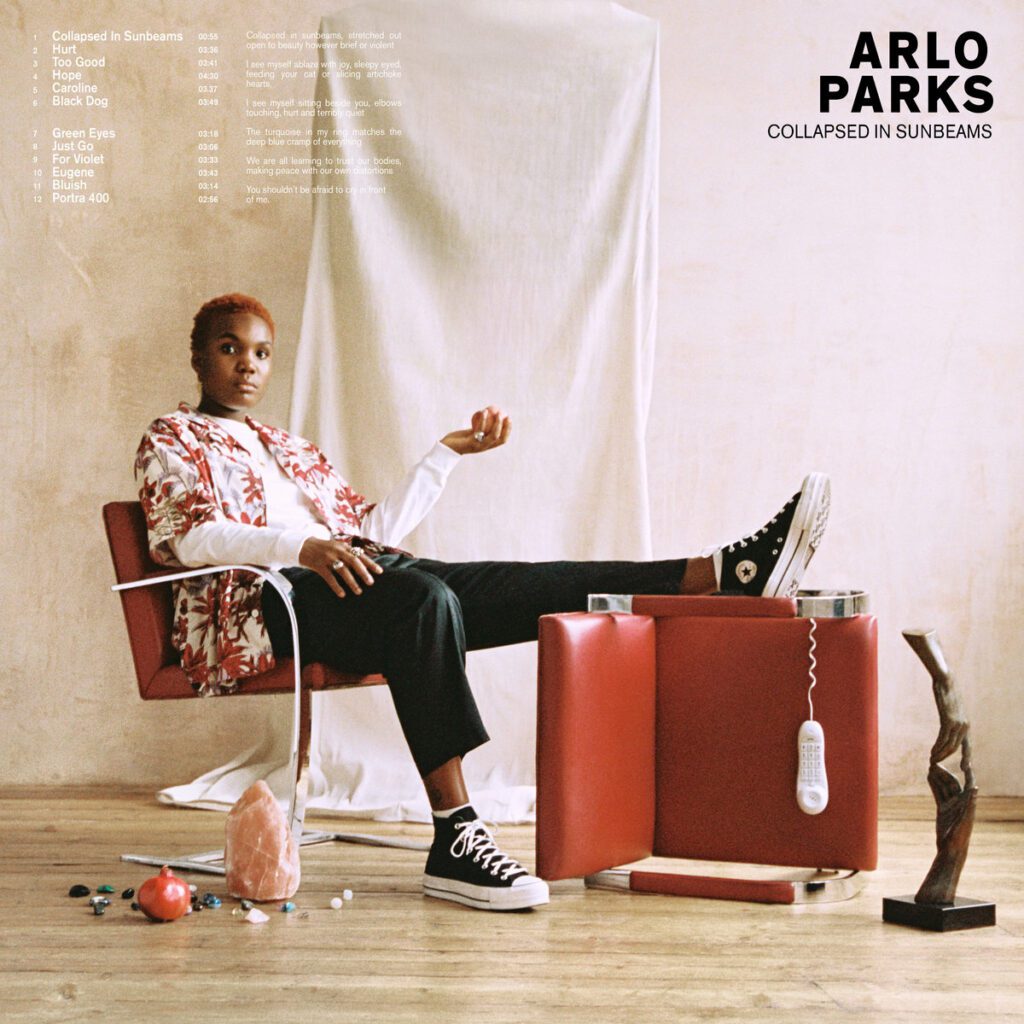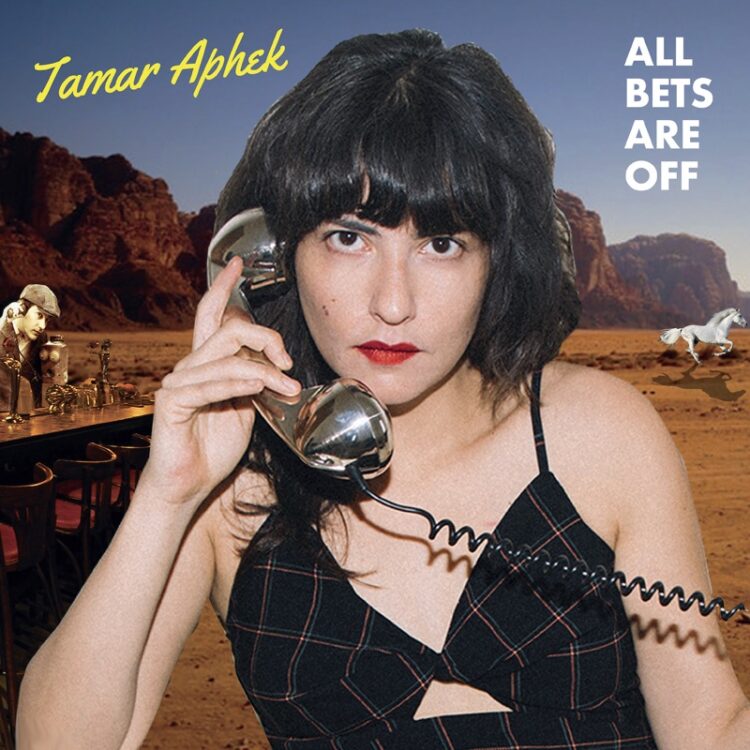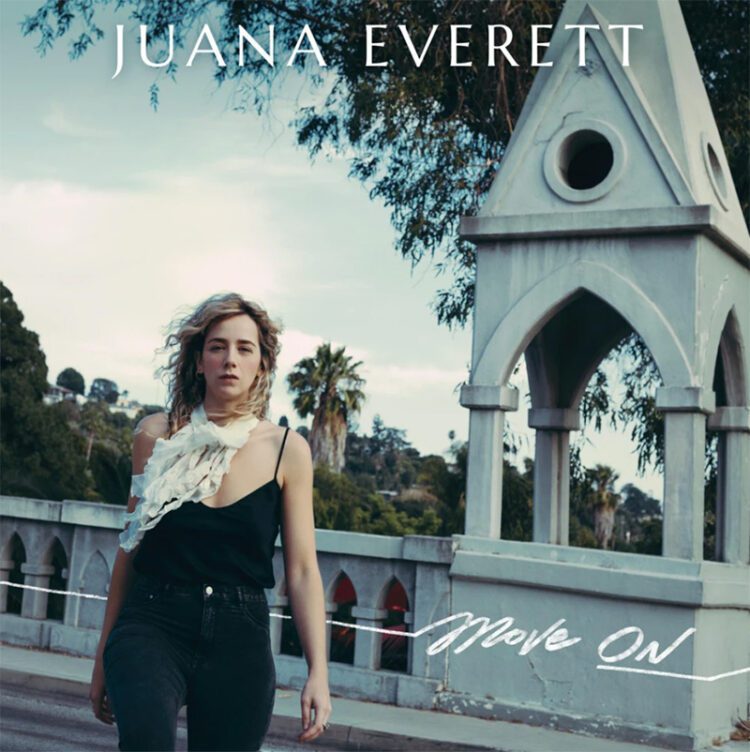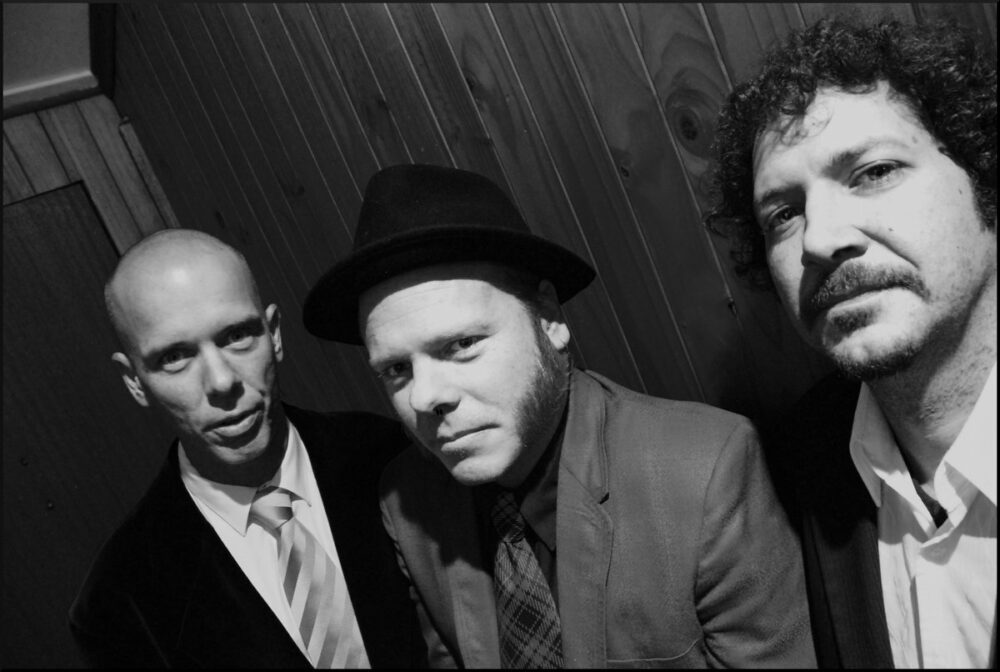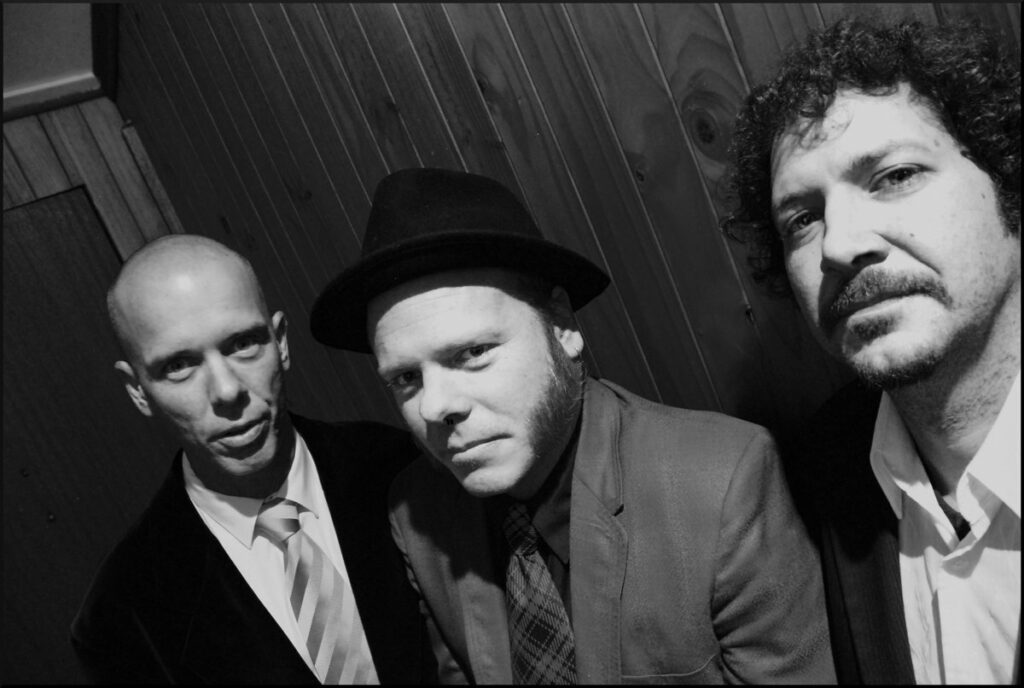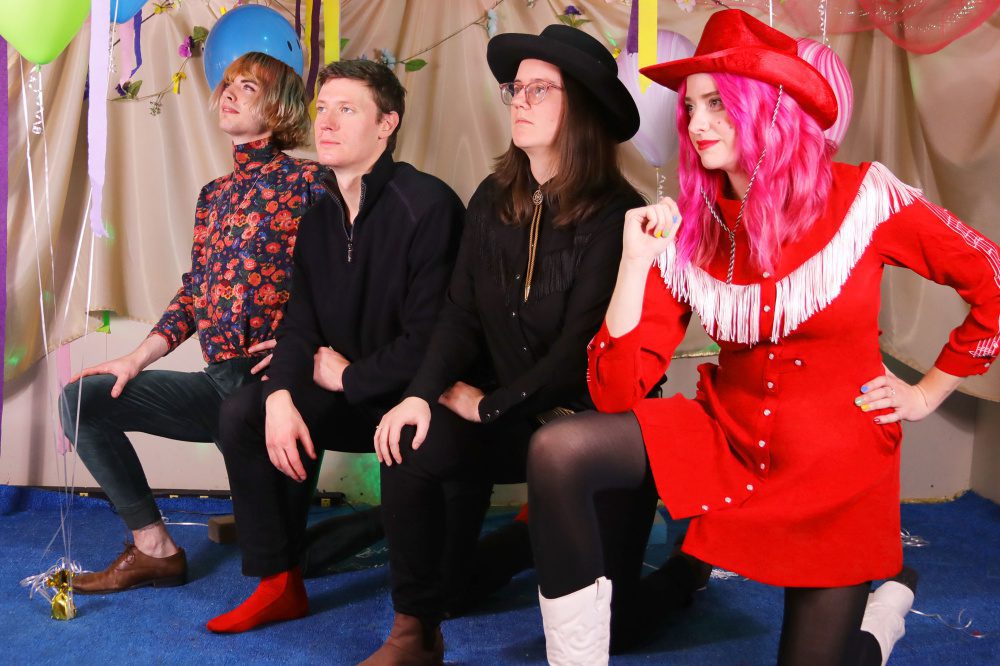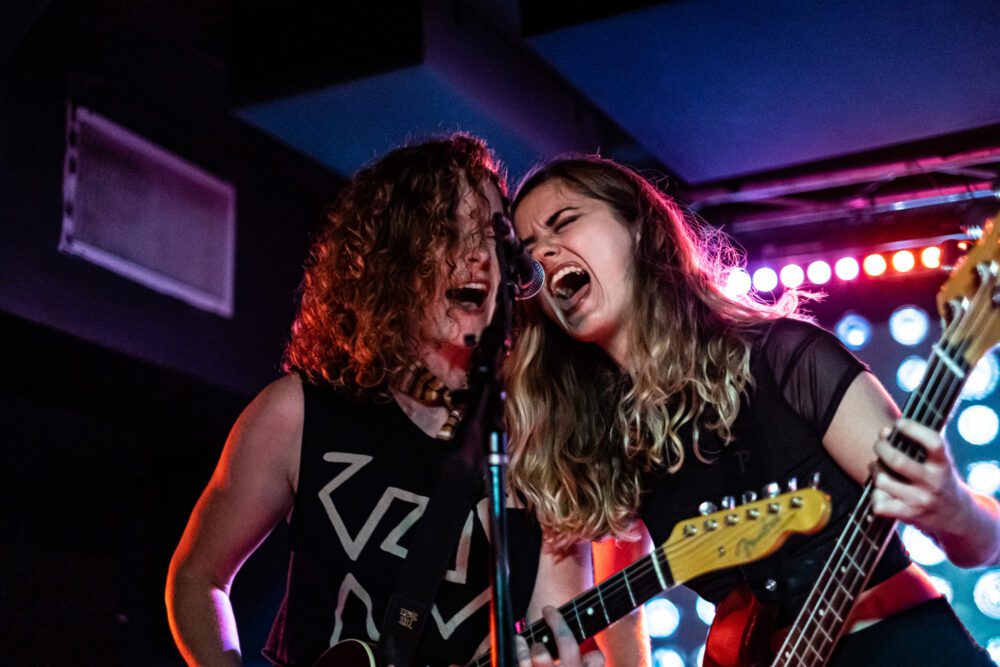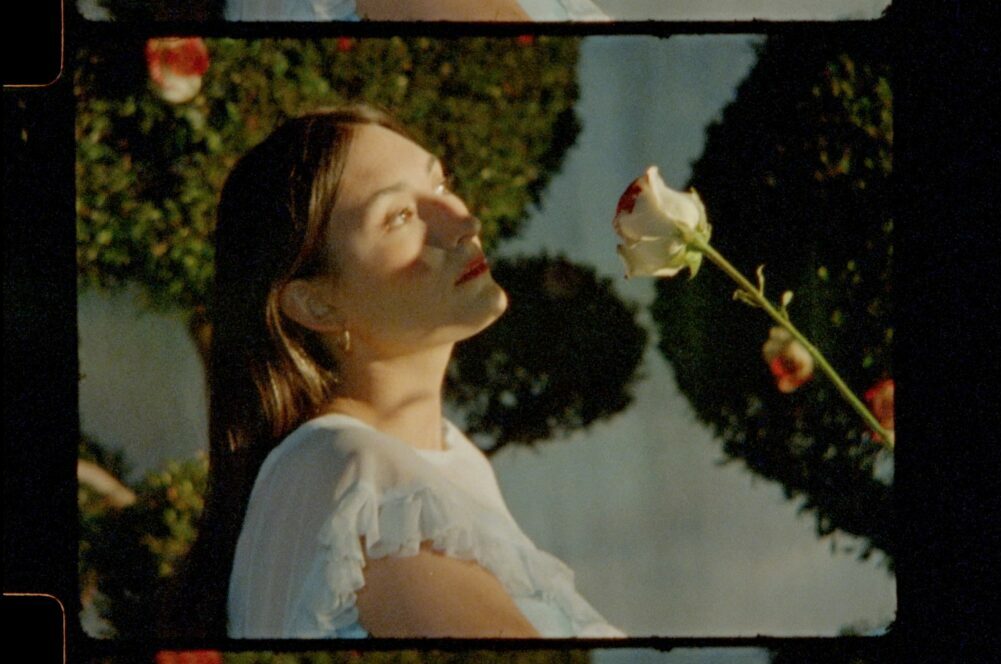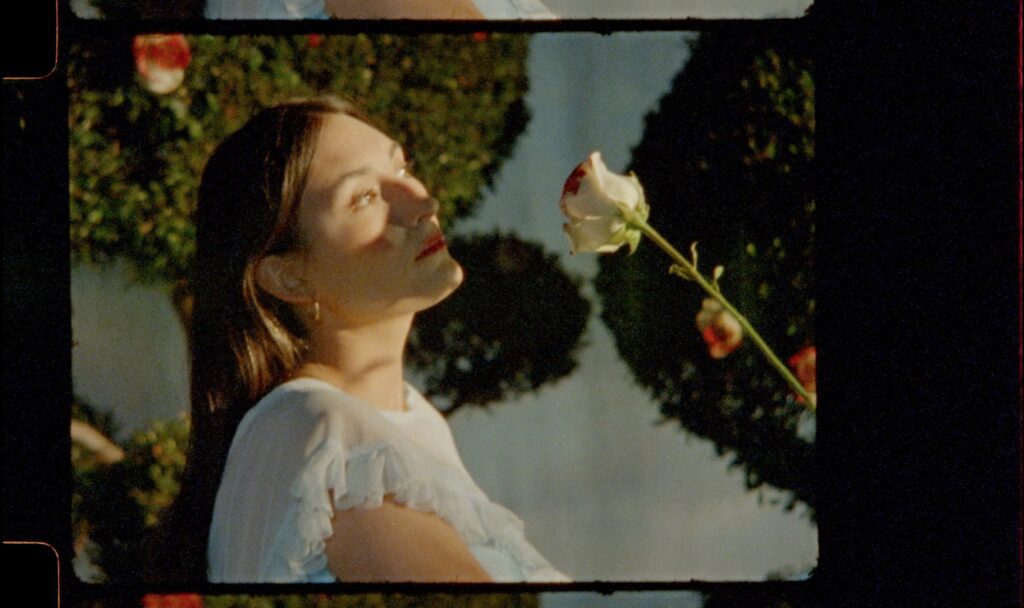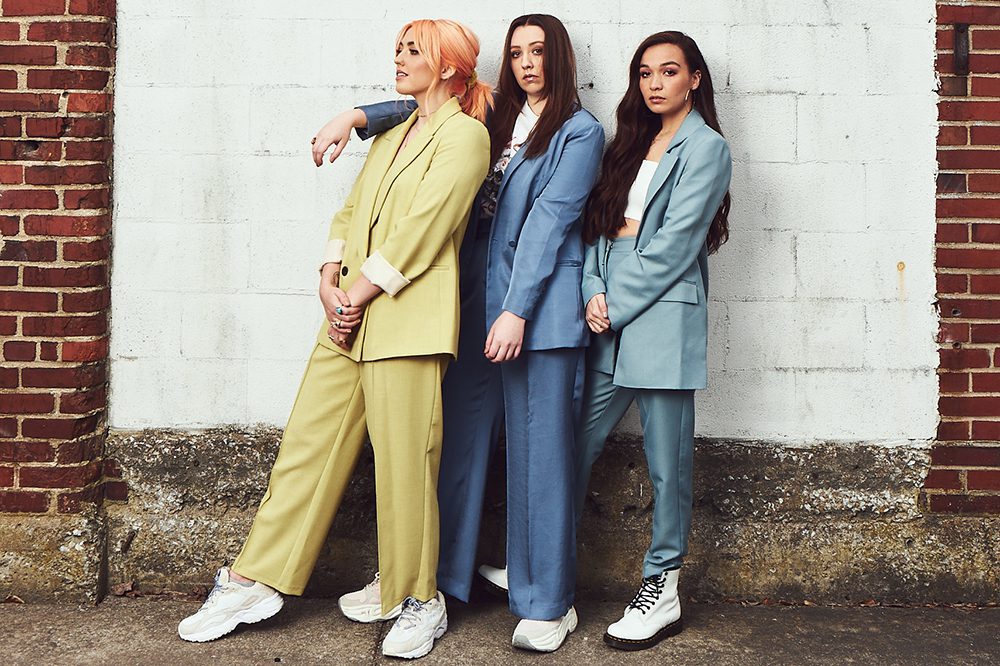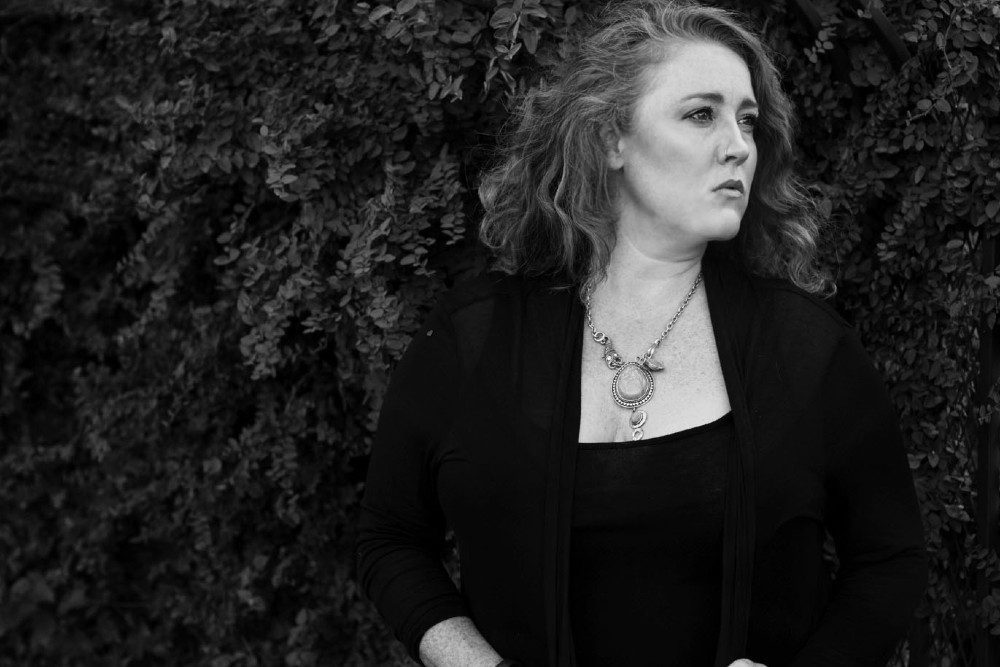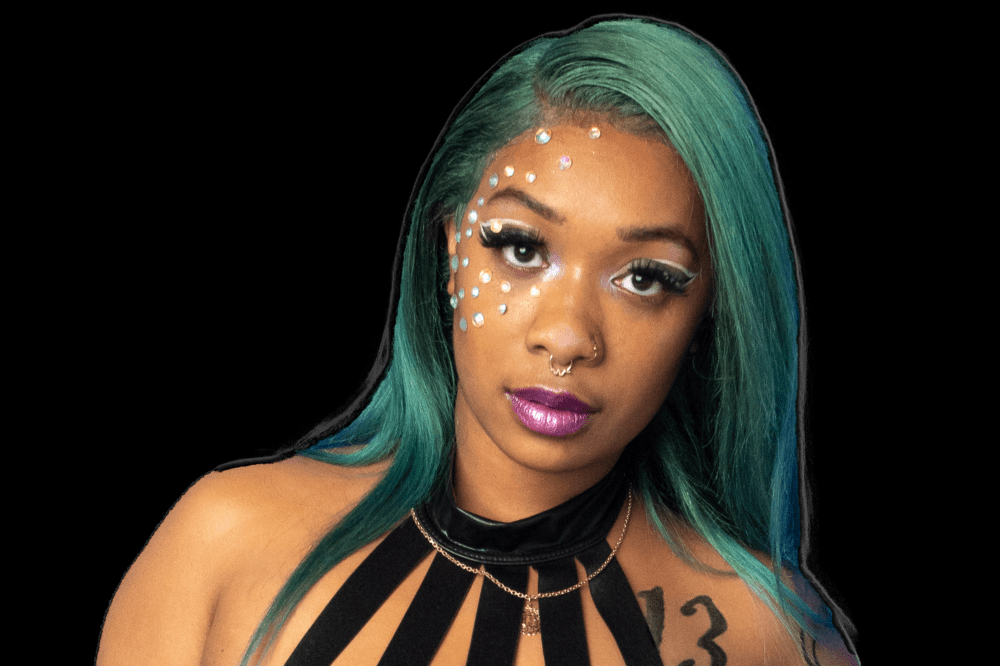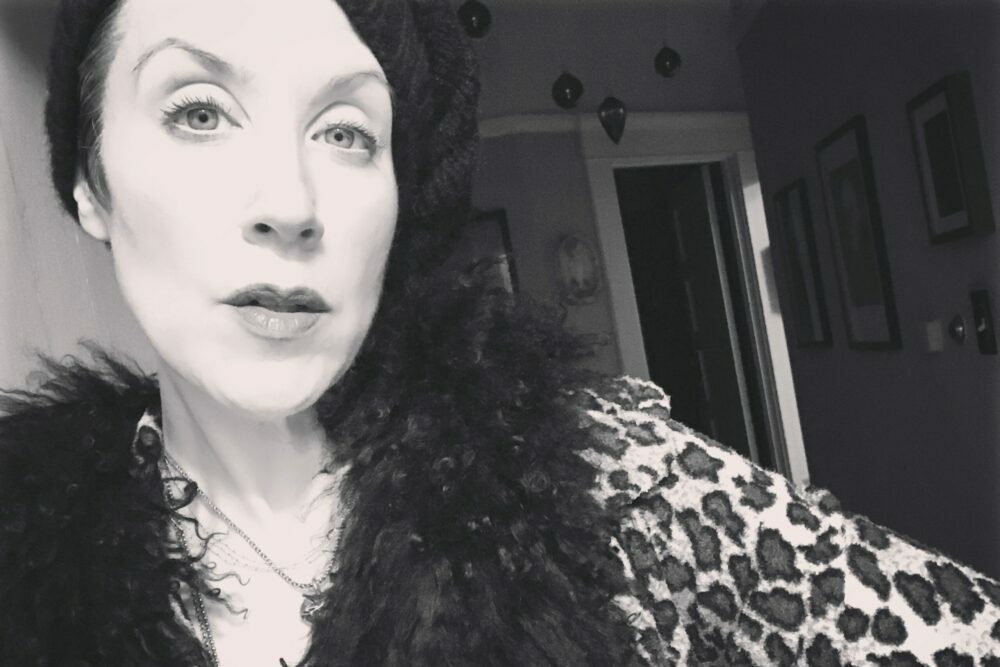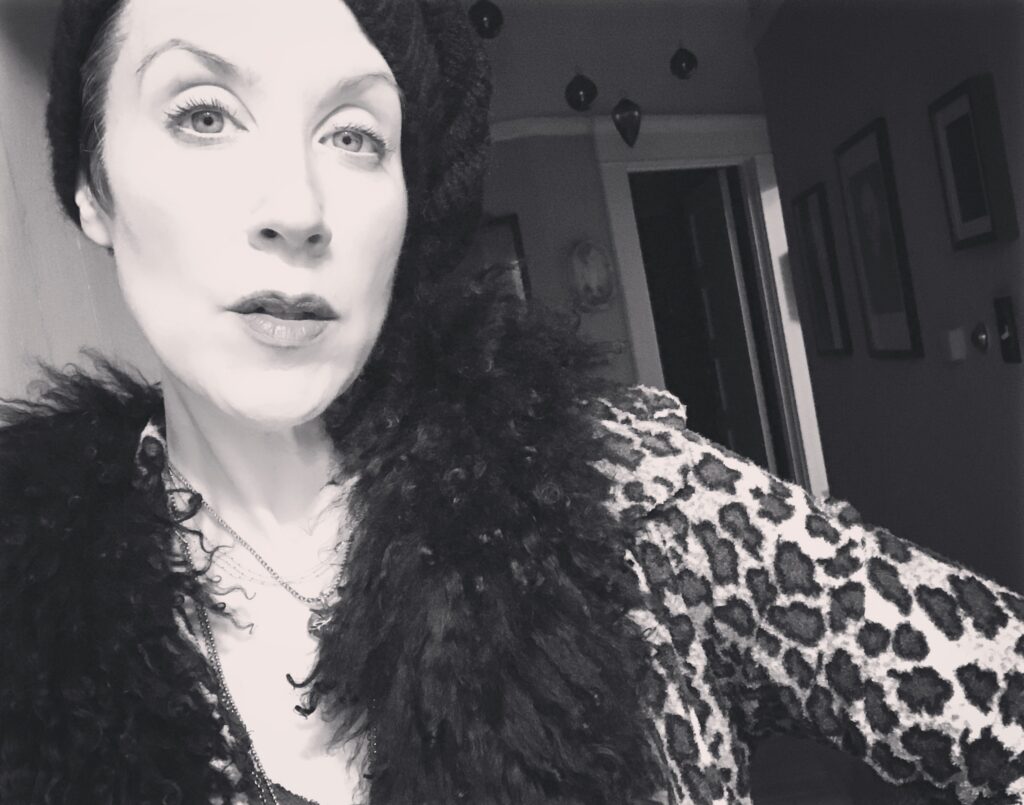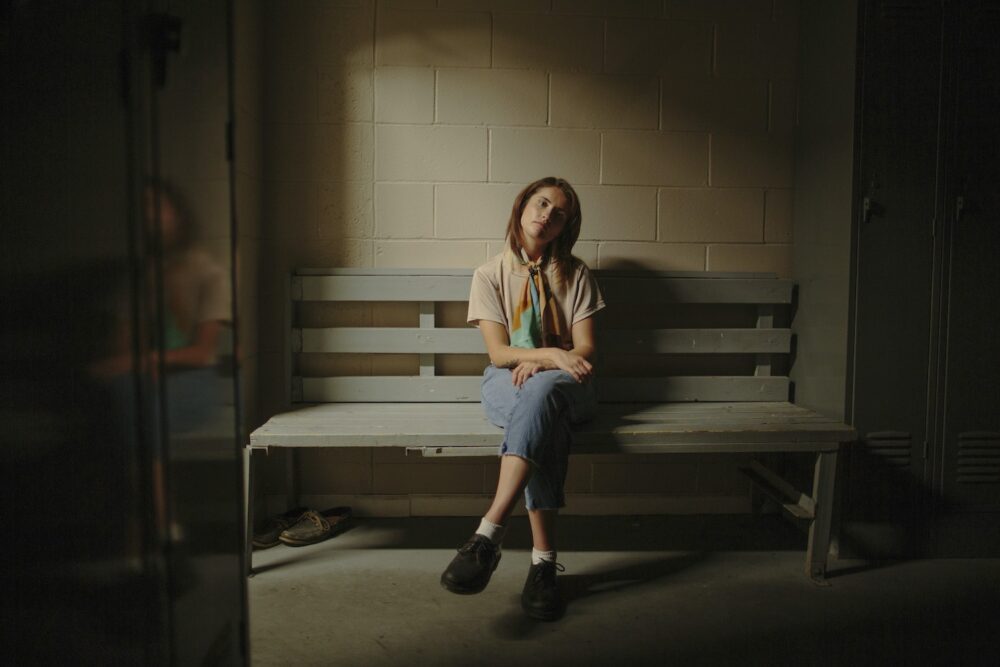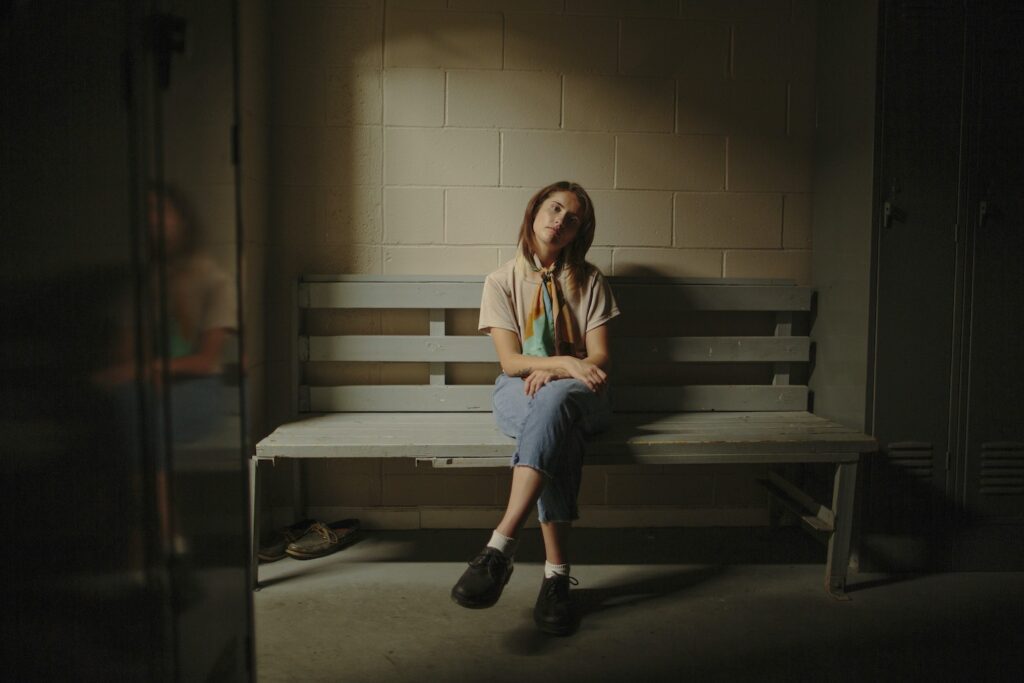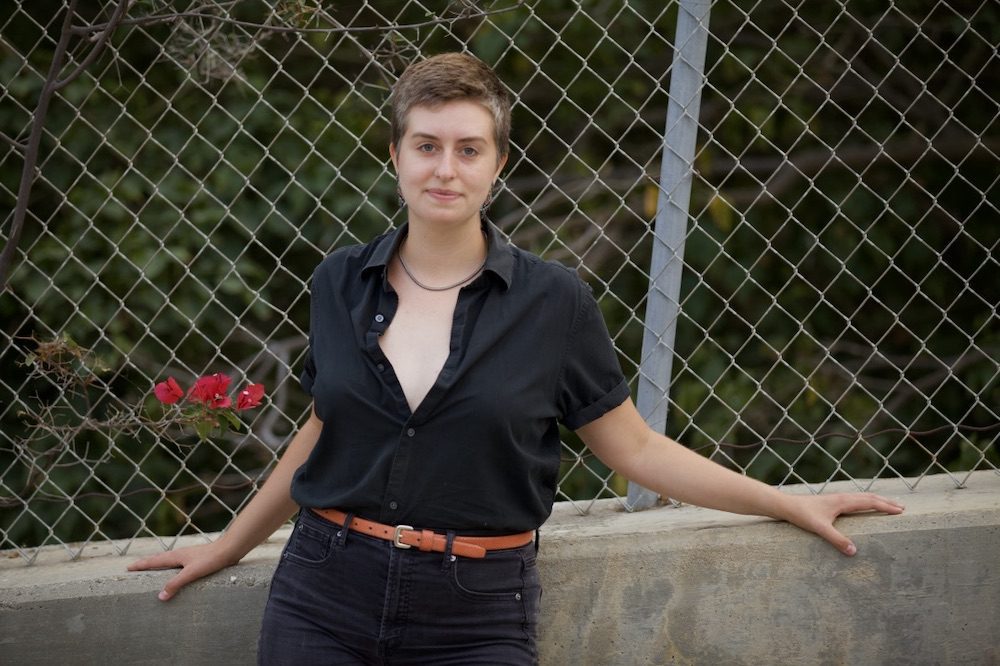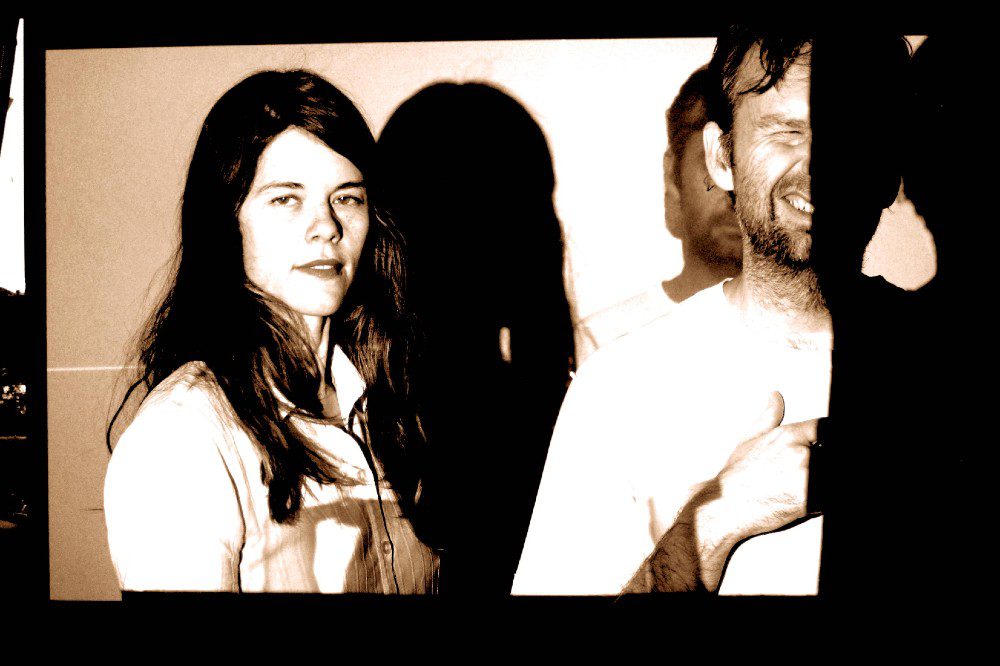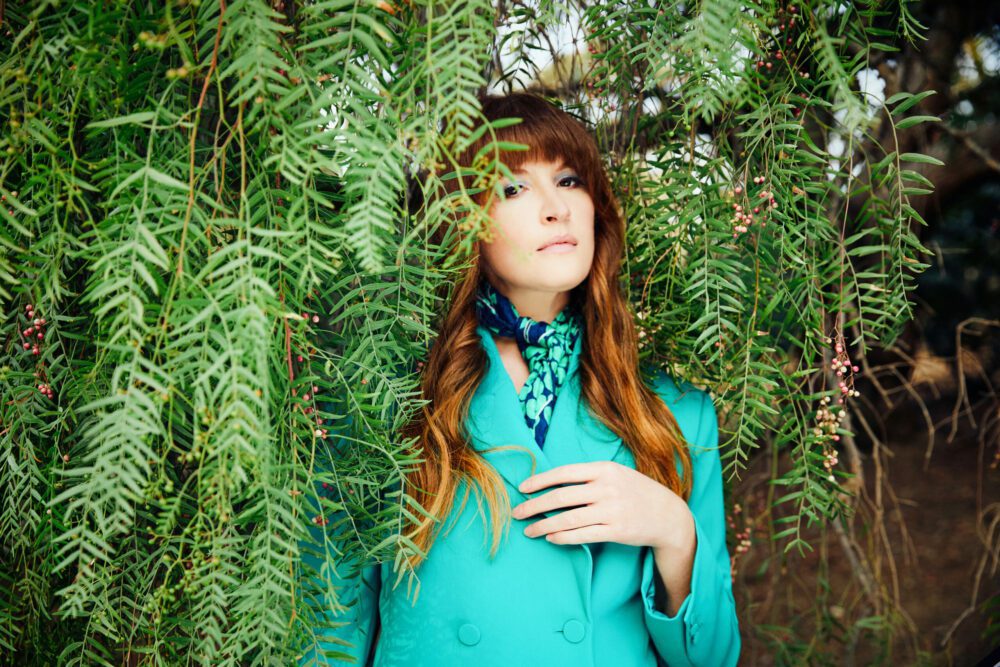Delvon Lamarr Organ Trio Deliver on a Promise with Sophomore LP I Told You So
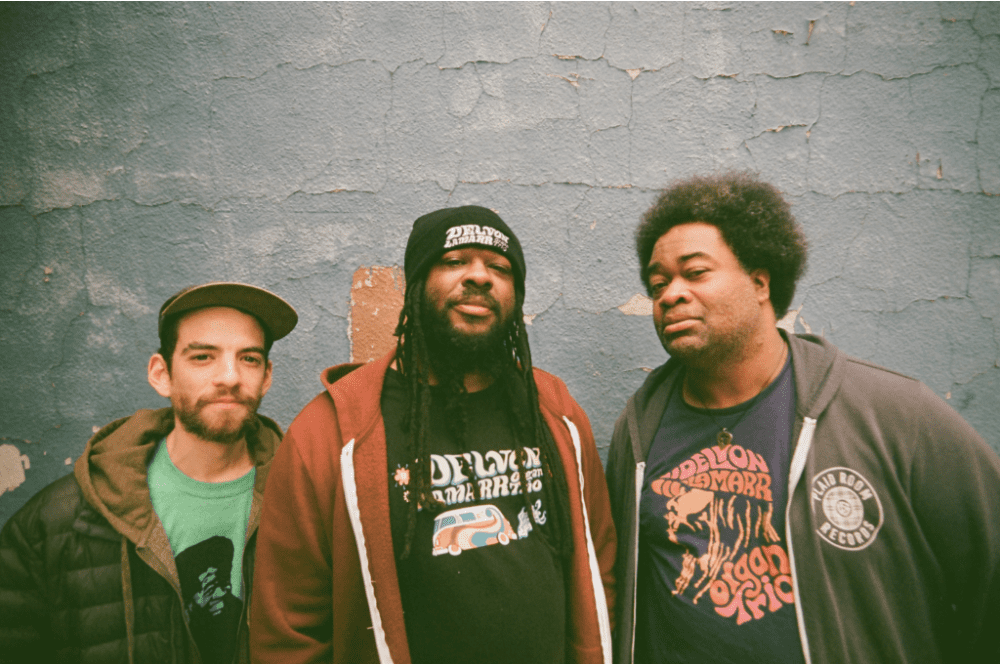

With the release of their newest album, I Told You So, which drops today on Colemine Records, Seattle’s simmering soul-jazz Delvon Lamarr Organ Trio deliver on a promise they made to their fans more than two years ago.
Shortly after the 2018 release of their debut album, Close But No Cigar, the trio’s long-time drummer, David McGraw, departed the band, leaving fans disappointed and worried that the trio would lose their quintessential in-the-pocket sound.
“David has such a distinct way of drumming. It was very pocket, very soul. It was like Motown-type soul drumming. And we’ve never really had anybody that played like that. So when David left the band it was a lot of people were worrying about well they’re not going to sound the same,” says bandleader Delvon Lamarr. “I told them, I will find the right drummer. The album is called I Told You So because I told you guys the album is still going to be good regardless of who’s on it.”
While the album’s title is tongue-in-cheek, it more than fulfills that prediction. Featuring Lamarr on organ, the incomparable Jimmy James on guitar, and their choice for solid “pocket” drummer on the recording, Grant Schroff—from another popular Seattle group, The Polyrhythmics—I Told You So has every bit the groovy throwback sound their debut had, with some fresh additions.
While I Told You So still has plenty of that nostalgic 60’s soul-jazz vibe they’re known for, the trio brings in more diverse influences that underscore and build on their unique sound. “I think we kind of broadened the musical spectrum, like our influences, into our newest album and it’s been progressing,” Lamarr says.
In fact, several of the tracks, including the notably more melancholic “From the Streets,” embraces a low-key hip hop feel and spacious guitar loop unlike other previously-released music. Turns out that was an intentional nod toward some other music Lamarr and company are into. “I love anything by J Dilla, stuff like that. Old hip hop, I listen to a lot of cats like Slum Village and Talib Kweli. That laid back, you know—way behind the beat stuff,—D’Angelo does that a lot. That’s my thing,” he explains.
As well, the trio lays down a cool version of “Careless Whipser,” a 1984 pop ballad written by George Michael that recently had a resurgence in 2011 after The Sexy Sax Man’s satirical performance of the song on YouTube became a viral sensation. In 2021, Lamarr and company reinvent the song yet again, making the schmaltzy pop anthem and internet meme into one of the album’s most impressive and listenable bangers. Funny, because Lamarr almost didn’t record it.
“It was a thing that we did at live shows and I thought, I don’t know if anybody wants to hear this on an album. But my wife Amy [Nova] was like, ‘Dude, you gotta record it man! I think it’s going to be a hit,'” says Lamarr.
This isn’t the first time Nova has had good instincts when it comes to her husband’s music. In fact, Lamarr credits Nova as the reason behind the trio’s formation in 2015. “She built this [trio] from the ground up,” Lamarr says. “She asked me for years to start my own band and I didn’t want to. She just watched me struggle so much as a musician and she was like, ‘You’re too good for this man. You get some guys together, write some music. I’ll take care of everything else.'”
Nova was also instrumental in getting the group signed to their Ohio-based label, Colemine Records, which has the perfect retro branding and roster to complement the Delvon Lamarr Organ Trio. “They’re great, man. What I really like about them is they’re two brothers that own it, Terry and Bob, and they have the same philosophy we have in this band – we always say we just play music we like to hear and when you do that people are going to love it,” Lamarr says.
Lamarr, James, and their new permanent drummer Dan Weiss, like most of the music industry, haven’t been able to perform live or tour since the onset of COVID-19. Being stationary doesn’t come easy for the trio, who usually tour throughout Europe and Japan for most the year and are so well-known in Europe they get called out in train stations. Hence, their biggest hope for 2021—aside from hoping that I Told You So is as well-received as their debut was—is to get back out there and see their fans.
“That’s our thing. That’s what we enjoy,” says Lamarr. “It’s great to be at a studio recording. But it is what it is. I got to be on the road, I got to be on the stage. That’s my dream and goal. It’s always been.”
Follow Delvon Lamarr Organ Trio on Facebook and Instagram for ongoing updates.

